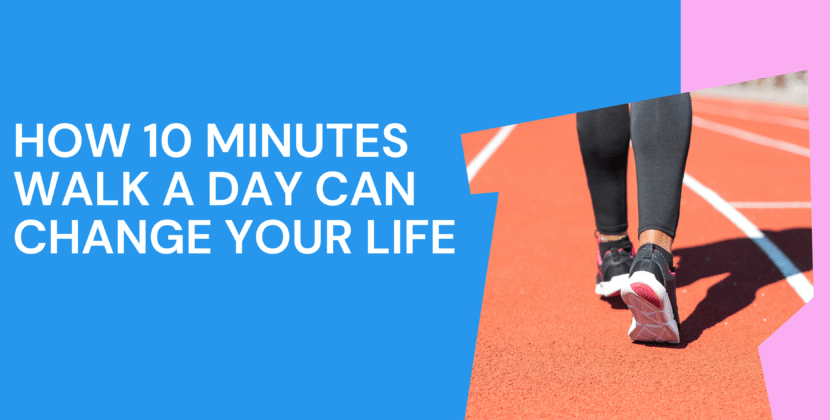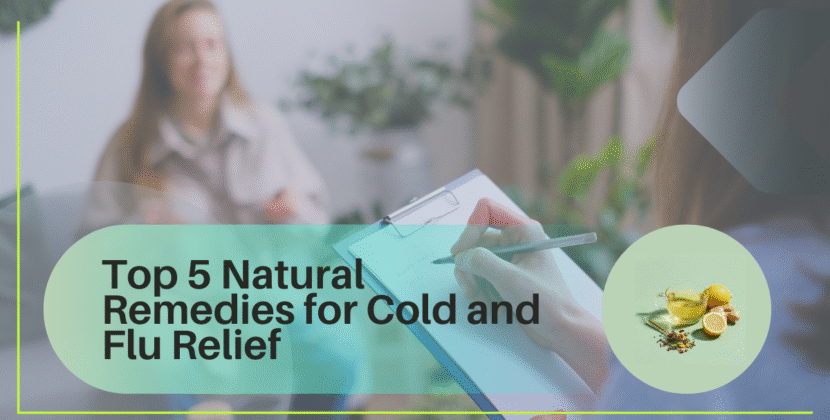
The Effects of Social Media on Mental Health: A Deep Dive into the Impact on Your Well-Being
Social media has revolutionized the way we connect, share, and interact with the world. Platforms like Instagram, Facebook, Twitter, and TikTok have become integral parts of daily life for millions of people in the U.S. Whether it’s for entertainment, keeping up with friends and family, or even business purposes, social media is omnipresent. However, as its influence continues to grow, so does the concern about its potential effects on mental health.
While social media has its advantages, it’s crucial to understand the deeper implications it may have on mental well-being. In this blog post, we’ll explore the effects of social media on mental health, focusing on both the positive and negative impacts. We’ll also provide expert insights, practical tips for managing social media use, and ways to protect your mental health in the digital age.
The Connection Between Social Media and Mental Health
How Social Media Can Affect Mental Health
The relationship between social media and mental health is complex. On the one hand, social media can provide a sense of community, connection, and self-expression. On the other hand, the constant comparison, negative content, and cyberbullying associated with these platforms can lead to a decline in mental well-being.
Statistics and Data:
According to a study by the American Psychological Association, 45% of teens in the U.S. report feeling overwhelmed by social media pressures. In a report by the Pew Research Center, 64% of American adults say they’ve encountered negative effects of social media, such as feelings of inadequacy or anxiety.
So, how exactly does social media impact our mental health?
The Negative Effects of Social Media on Mental Health
1. Increased Anxiety and Depression
One of the negative effects of social media on mental health is the rise in anxiety and depression. Constant exposure to curated images of others’ seemingly perfect lives can lead to negative self-comparisons. Research has shown that people who spend more time on social media are more likely to experience feelings of isolation, loneliness, and sadness. The perpetual scroll can foster an unhealthy fixation on how others are living, contributing to feelings of inadequacy.
2. Sleep Disruption
Spending late nights scrolling through social media is a growing concern in the U.S., particularly among teenagers and young adults. The blue light emitted from screens interferes with the production of melatonin, the hormone responsible for regulating sleep. As a result, excessive social media use can lead to sleep disturbances, making it difficult to achieve restorative sleep and negatively impacting overall mental health.
3. Cyberbullying and Negative Interactions
Cyberbullying is another alarming consequence of increased social media use. Negative comments, trolling, and online harassment have become common experiences for many. According to the Cyberbullying Research Center, 37% of U.S. students aged 12 to 17 have experienced cyberbullying, which can cause long-term psychological effects such as depression, anxiety, and even suicidal thoughts.
4. Addiction and Reduced Real-Life Interaction
Social media addiction is another growing issue. People often spend excessive amounts of time on social media platforms, which can interfere with daily responsibilities, productivity, and in-person social interactions. This form of addiction can lead to feelings of emptiness, detachment, and a lack of fulfillment in real-life relationships, which can negatively impact mental health.
The Positive Effects of Social Media on Mental Health
Despite the challenges, social media also has its bright side. When used mindfully and in moderation, it can contribute positively to mental health.
1. Support and Community
For those struggling with mental health issues, social media can provide a vital sense of connection and support. Online communities, such as mental health groups on Facebook or Reddit, allow individuals to connect with others facing similar challenges. These platforms can offer comfort, encouragement, and even helpful advice from people who truly understand.
2. Access to Resources and Information
Social media platforms also offer access to valuable mental health resources, from expert advice to self-care tips. Platforms like Instagram and YouTube feature wellness influencers, therapists, and mental health advocates who share tips for coping with stress, anxiety, and other issues. For instance, hashtags like #MentalHealthAwareness or #SelfCare can lead to an abundance of resources to help individuals navigate their mental health journeys.
3. Creative Expression and Identity Building
Social media also provides a platform for self-expression and creativity. For many, platforms like Instagram, TikTok, and YouTube are outlets for sharing personal stories, artwork, and passions. This creative expression can foster a sense of achievement, identity, and belonging—important factors for improving mental well-being.
How to Protect Your Mental Health While Using Social Media
To make the most of social media while avoiding its negative impact on mental health, it’s essential to implement healthy habits. Here are some expert-backed tips for achieving balance:
1. Set Boundaries
Establish clear boundaries around social media use. Decide how much time you’ll spend on these platforms each day and stick to it. For example, you can use built-in features on your phone or apps like Instagram to set daily time limits. Creating designated “social media-free” times (such as during meals or before bedtime) can help you reclaim your time and mental energy.
2. Engage in Positive Content
Curate your feed to include content that uplifts and educates. Follow accounts that inspire you, share mental health resources, or promote positivity. This can help drown out the negative noise that often characterizes social media.
3. Be Mindful of Comparisons
One of the most harmful aspects of social media is the tendency to compare ourselves to others. Instead of measuring your life against the carefully curated highlight reels on Instagram or Facebook, focus on your own growth. Recognize that the content people share online is often only a small part of their life, and may not represent their reality.
4. Reach Out for Support
If you find yourself feeling overwhelmed by social media or experiencing mental health struggles, don’t hesitate to reach out for professional help. Mental health professionals can help you navigate your emotions and offer strategies for coping. Additionally, many social media platforms now have resources for individuals in crisis, such as helplines and support groups.
5. Take Social Media Breaks
It’s essential to take regular breaks from social media to recharge. A weekend offline, a “social media detox,” or a day spent outdoors can do wonders for your mental health. During these breaks, focus on real-life activities that bring you joy—whether it’s reading a book, exercising, or spending time with loved ones.
Expert Opinions on Social Media and Mental Health
According to Dr. Genevieve R. Bartholomew, a clinical psychologist based in California, “Social media platforms can have both a positive and negative impact on mental health. It’s about being mindful of how much time you spend online and curating a feed that supports your well-being.” Dr. Bartholomew also stresses the importance of real-life connections to combat the isolating effects of digital spaces.
Finding Balance in a Digital World
Social media is here to stay, and while it can offer connection, creativity, and resources, it also comes with its share of risks for mental health. By understanding both the positive and negative effects of social media on mental health, you can make more informed choices about how you engage with these platforms.
Take Action Today!
If you’ve been feeling the mental strain of social media, it might be time to set boundaries, focus on positive content, and engage in offline activities that nourish your well-being. Start by curating a healthier social media experience and remember to prioritize your mental health above all.












